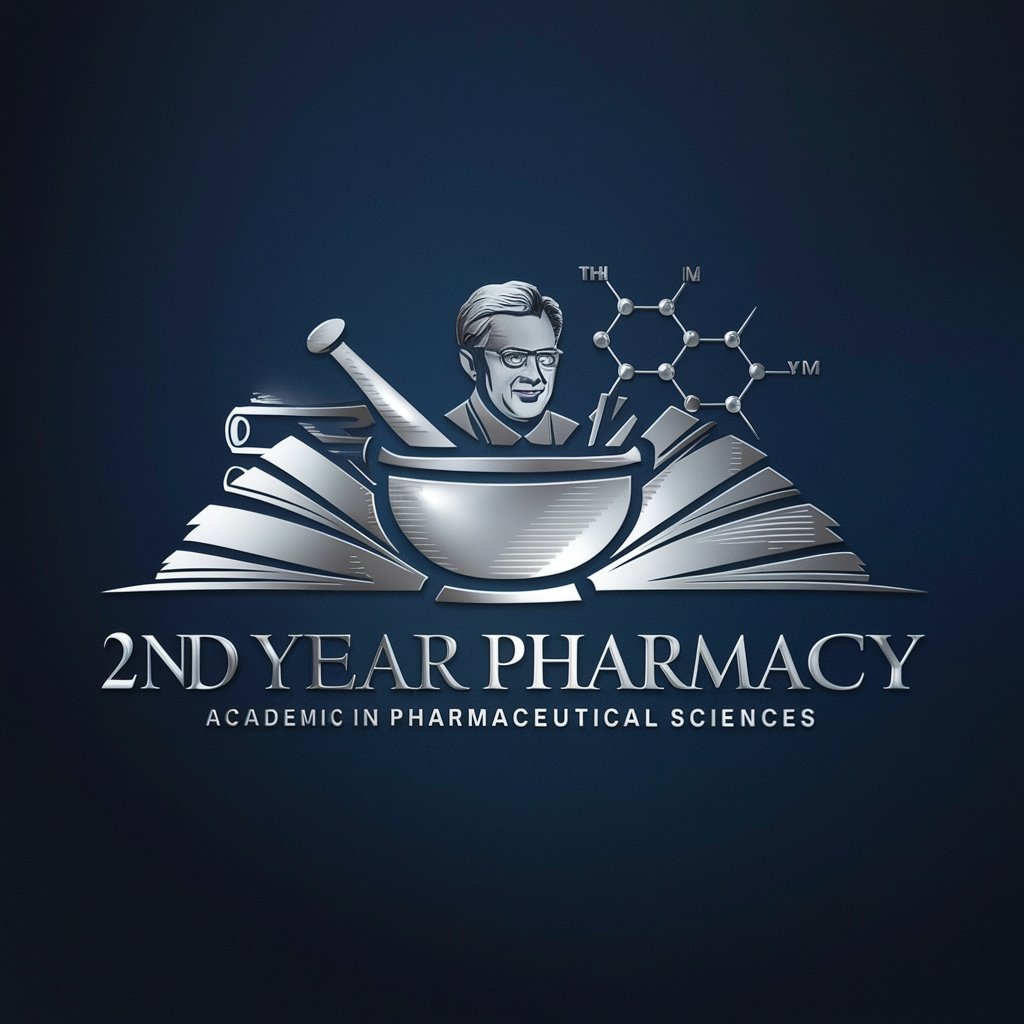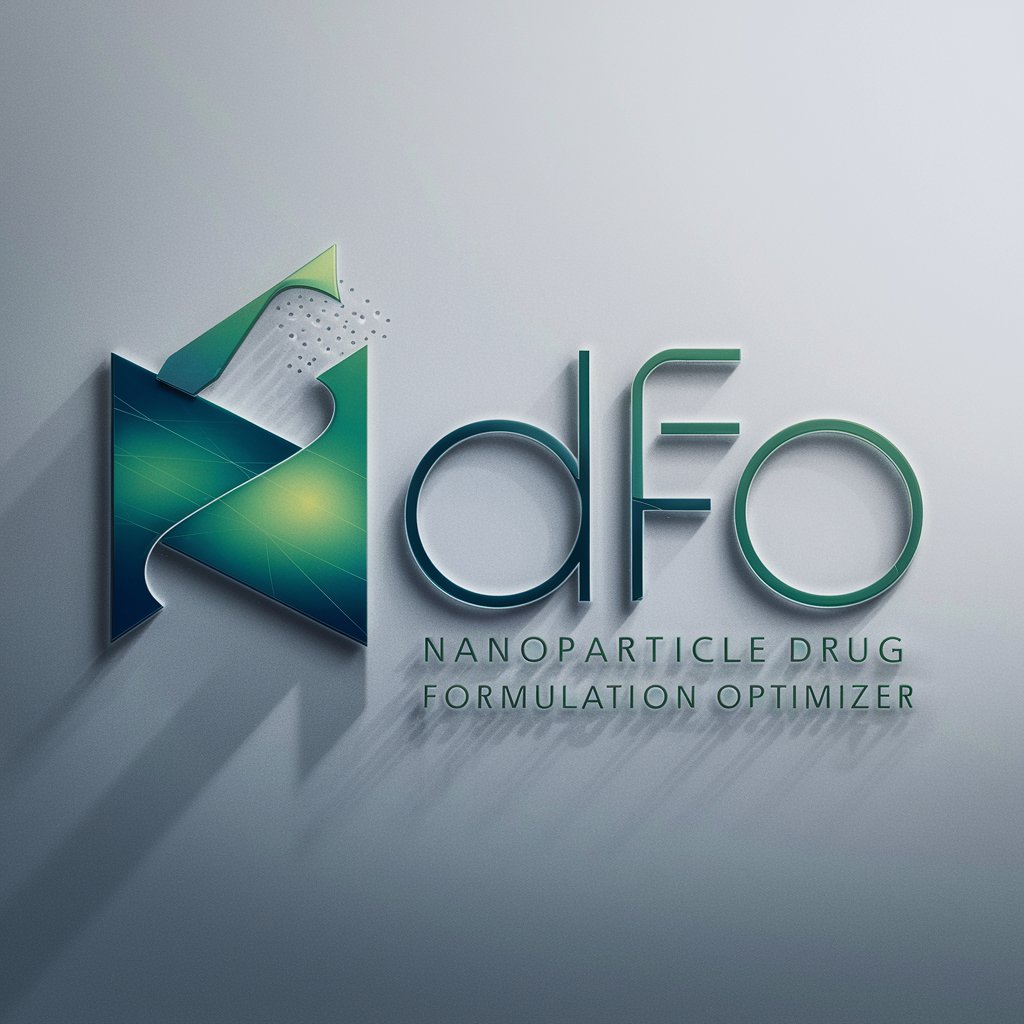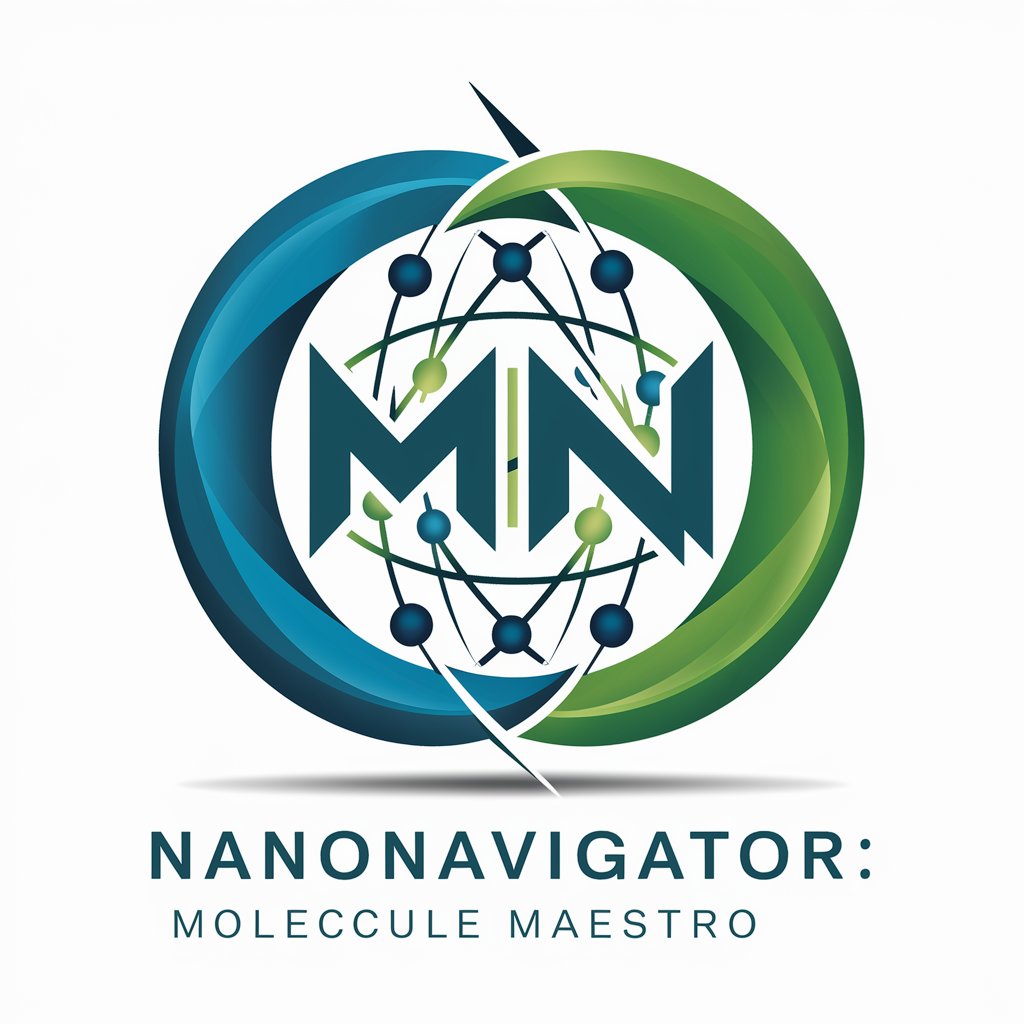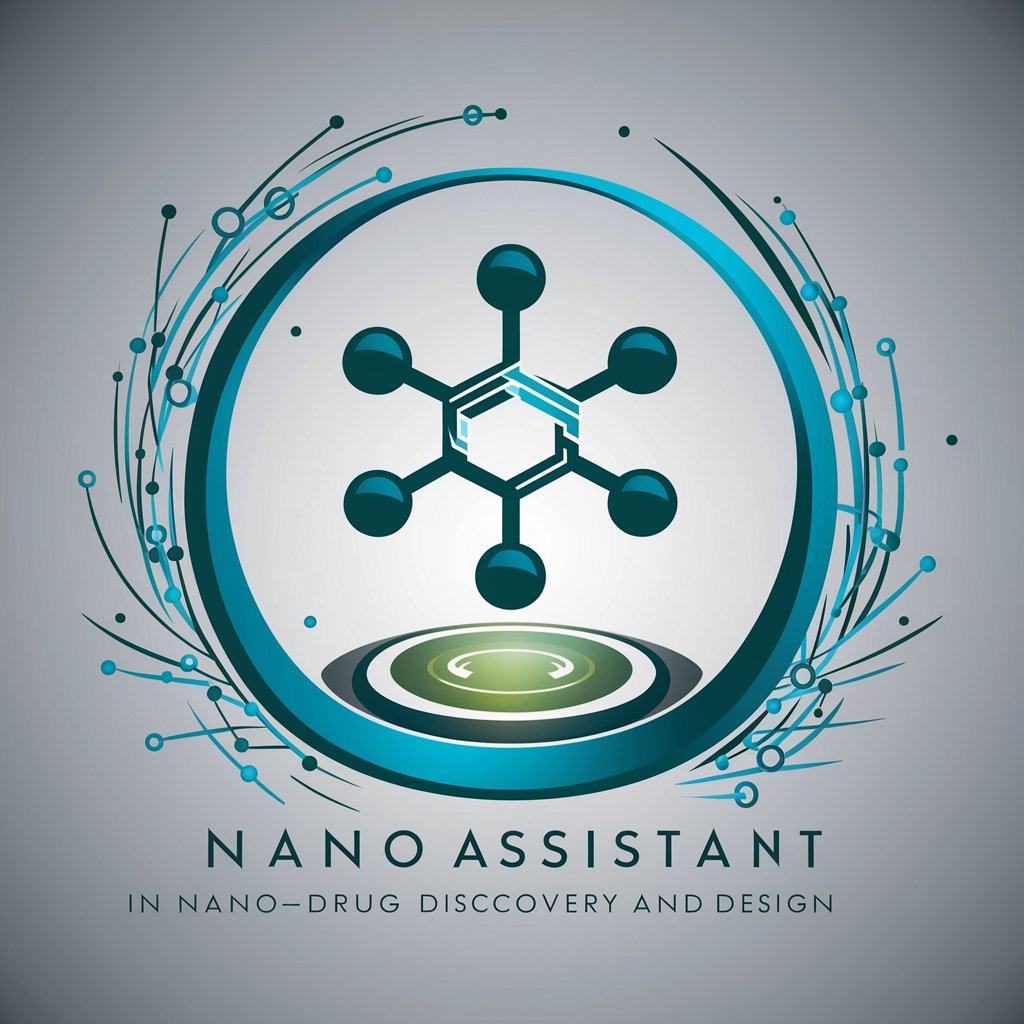8 GPTs for Drug Design Powered by AI for Free of 2025
AI GPTs for Drug Design refer to advanced computational tools that leverage Generative Pre-trained Transformers technology to innovate in the field of pharmaceuticals. These tools are specifically designed to assist in the complex process of drug discovery and development, using AI to simulate and predict the effectiveness of new compounds, streamline the drug design process, and reduce the time and cost associated with bringing new drugs to market. By harnessing the power of GPTs, these tools offer tailored solutions that can analyze vast amounts of data, generate novel drug candidates, and optimize existing drug designs.
Top 8 GPTs for Drug Design are: Pharma Wizard,Docking and molecular dynamics,2nd Year Pharmacy,Amino Alchemist 2.0,Nanoparticle Drug Formulation Optimizer,Molecular Structure Predictor,🔬NanoNavigator: Molecule Maestro🧬,Nano-Drug Discovery Assistant
Pharma Wizard
AI-powered drug design made easy

Docking and molecular dynamics
AI-powered tool for molecular simulations.

2nd Year Pharmacy
AI-Powered Pharmaceutical Expertise

Amino Alchemist 2.0
Revolutionizing Peptide Therapeutics with AI

Nanoparticle Drug Formulation Optimizer
Optimize Drug Delivery with AI

Molecular Structure Predictor
Empowering Chemistry with AI

🔬NanoNavigator: Molecule Maestro🧬
AI-powered molecular design at your fingertips.

Nano-Drug Discovery Assistant
AI-powered drug discovery acceleration.

Key Attributes and Functions in Drug Design AI
AI GPTs for Drug Design boast several unique features that make them invaluable in the pharmaceutical industry. These include their ability to learn and adapt to new data, providing predictive modeling for drug interactions and toxicity. They can also simulate molecular dynamics, facilitating the identification of potential drug candidates. Moreover, their language processing capabilities enable the extraction of relevant information from scientific literature and databases, enhancing the research process. Special features include advanced data analysis, image generation for molecular structures, and customized technical support for specific research needs.
Who Benefits from Drug Design AI Tools
The primary beneficiaries of AI GPTs for Drug Design include pharmaceutical researchers, chemists, and biotechnologists seeking to accelerate the drug development process. Additionally, academic institutions and students can leverage these tools for educational purposes and research projects. These AI tools are accessible to novices without coding skills, offering user-friendly interfaces, while also providing extensive customization options for developers and professionals with programming expertise.
Try Our other AI GPTs tools for Free
Pharmacotherapy Insight
Explore AI GPTs for Pharmacotherapy Insight, the cutting-edge tools transforming drug therapy analysis, patient care strategies, and medical research with AI-driven insights.
Pharmacy Law
Explore AI GPTs for Pharmacy Law: your digital assistant for navigating the complex world of pharmacy legislation and ethics, tailored for professionals and students alike.
Personalized Design
Discover how AI GPTs for Personalized Design revolutionize creativity with tailored solutions, blending user-friendly interfaces with advanced customization.
Deck Building
Discover how AI GPTs for Deck Building revolutionize the creation and optimization of decks with advanced AI technology, offering tailor-made solutions for hobbyists and professionals alike.
Meta Insights
Explore the transformative power of AI GPTs for Meta Insights, designed to unlock deep analytical insights from metadata through advanced AI technologies.
Relationship Support
Discover how AI GPT tools for Relationship Support are revolutionizing the way we manage and enhance our interpersonal relationships with advanced, tailored AI solutions.
Expanded Perspectives on Drug Design AI
AI GPTs for Drug Design not only streamline the drug development process but also introduce a paradigm shift in how pharmaceutical research is conducted. With user-friendly interfaces and integration capabilities, these tools are making advanced drug design methodologies more accessible to a wider range of researchers, thereby democratizing the field and fostering innovation.
Frequently Asked Questions
What exactly are AI GPTs for Drug Design?
AI GPTs for Drug Design are artificial intelligence tools that utilize Generative Pre-trained Transformers to facilitate and innovate the drug discovery and development process, making it faster and more efficient.
How do these tools improve the drug design process?
They improve the process by predicting drug interactions, simulating molecular dynamics, optimizing drug candidates, and reducing the time and cost associated with pharmaceutical research and development.
Can non-experts use these AI tools effectively?
Yes, these tools are designed to be accessible to non-experts, offering user-friendly interfaces that do not require programming knowledge for basic functions.
What customization options are available for experts?
Experts can access advanced features, including custom data analysis, model training, and integration capabilities, to tailor the tools to specific research needs.
Are these tools capable of generating novel drug candidates?
Yes, AI GPTs for Drug Design can generate novel drug candidates by analyzing existing data and predicting the properties of new compounds.
How do these AI tools extract information from scientific literature?
They use natural language processing capabilities to understand, interpret, and extract relevant information from scientific papers, databases, and other research materials.
Can these tools predict drug toxicity?
Yes, one of the core capabilities of AI GPTs for Drug Design is to predict the potential toxicity of drug candidates, aiding in the safety evaluation process.
Is it possible to integrate these AI tools with existing research workflows?
Absolutely, these tools are designed to be integrated into existing research and development workflows, providing seamless support for drug design projects.